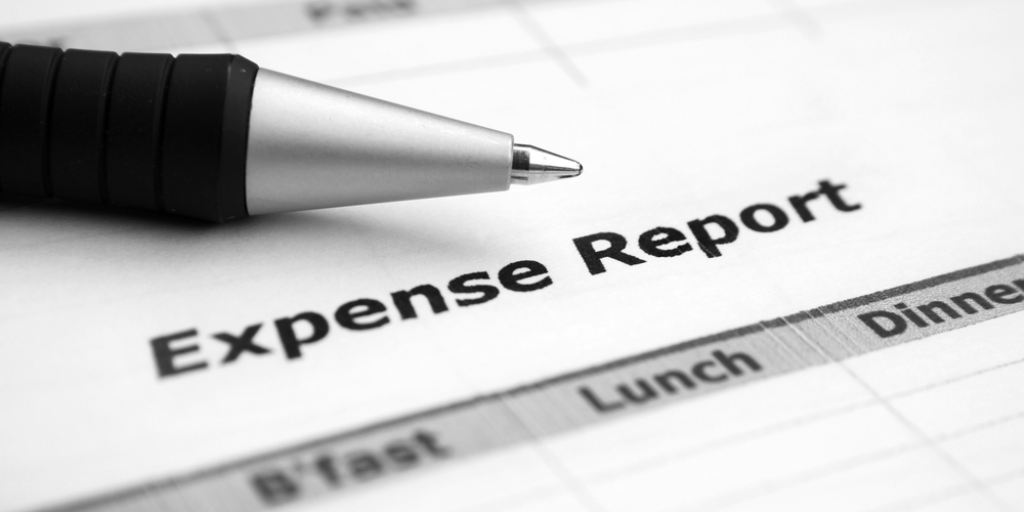Cross a line
“Cross a line.”
This is a good one. To cross a line is to violate some kind of ethical, moral, or professional standards. You break some kind of a rule. That’s the line; the line is the rule. And when you cross the line, you break the rule or you violate the standard.
If you travel for work, chances are that your employer reimburses you for some meals. If you sit down at a restaurant, order a meal, eat it, and pay the bill, you get money back for that meal, as long as you stay under the limit. That’s the way it works in most places.
If you don’t finish your meal, and if you take leftovers, and if you eat those leftovers later, then that’s fine. That’s a normal part of eating in a restaurant.
If you order two or three appetizers, knowing you would have leftovers…ummmmmm. Is that crossing a line? I don’t know. Now imagine you order two entrees and you take one back to your partner, who’s staying with you in your hotel room. You asked to be reimbursed for the whole meal—you just say you were really hungry. That’s crossing a line. Your meal allowance is for you to eat meals, not for you to feed your whole family if they choose to travel with you.
That’s crossing a line because it’s violating a clear rule. The meal reimbursement is for you. If you use it for other people, that’s breaking a rule and crossing a line.
If you work in an office and take a pen home and use it at home—that’s not a big deal. But if you routinely take reams of copy paper and put it in your printer at home, that’s crossing a line. That’s violating a rule.
Scientists run a lot of experiments. They develop a hypothesis, run the experiment, and they see if their hypothesis is supported. If it’s supported, they can write up their findings and submit them to a prestigious journal. If the hypothesis is not supported—tough luck. They have to start over.
But sometimes scientists are tempted to cross a line. They may have invested a lot of time in a research project. They may really believe, deep down in their hearts, that their hypothesis must be true. And if the data or the experiment doesn’t support the hypothesis—well, something must be wrong with the data. It’s so easy to look at that data and say—wow, this would look a lot better if I just made these really small changes. But if you tamper with the data, that’s crossing a line. That’s violating a professional or ethical standard .
Professional athletes are always looking for an edge. They have special diets, they take supplements, they have special routines. Many have sleep coaches and psychologists. All this is legal. But some are tempted to cross a line and take performance-enhancing drugs that may be either illegal or banned by the sport. Taking a banned drug is crossing a line: it’s violating a professional standard.
Journalists sometimes quote anonymous sources. They sometimes use quotes from everyday people—non-famous people—in their stories. But sometimes the story would be so much more compelling if the sources had said different things. Most journalists are honest. But a small number of journalists have crossed a line and make up quotes from anonymous sources, all to make their own stories look better. That’s crossing a line.
Violating trust can be a form of crossing a line. Looking at someone’s cell phone without their permission, listening into a private conversation, logging into an account without the owner’s permission—that’s all crossing a line, violating an ethical standard.
See you next time!
And that is all for us here at Plain English today. Remember: we’ll continue this story on Monday, when we’ll talk about something called a “registered report.” And you’ll hear about a behavioral scientist who’s using the findings of behavioral science on her own industry.
This was lesson 649, so JR has uploaded the full transcript and exercises to PlainEnglish.com/649. Check it out—and don’t forget to listen again on Monday. See you then.
Learn more expressions like this

